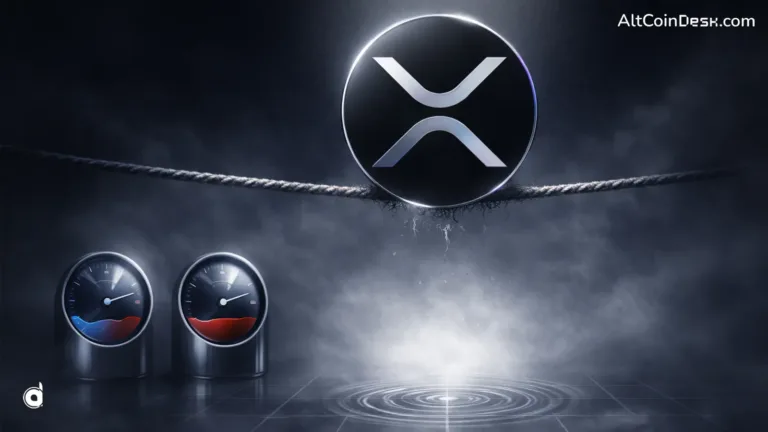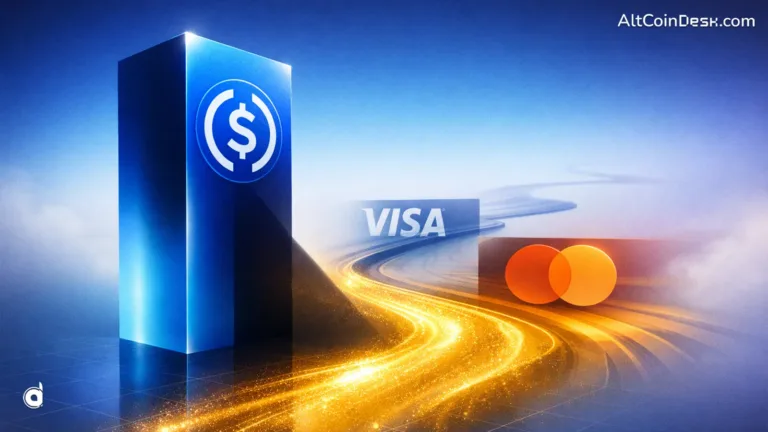Blockchain technology has more stories to narrate related to several other use cases beyond holding the bodies of cryptocurrencies. Several industries in the world are adopting blockchain technology, across medicine, healthcare, tourism, agriculture, and more. This innovative technology stores and secures sensitive data, allowing anyone to see it, proving its transparent nature. And now, a new frontier emerges: Polygon, a multi-chain, Ethereum-compatible platform, is evolving as a use case for storing the Philippines’ national budget. This would make it the first country to secure a budget on-chain.
A digital ledger for on-chain governance
Senator Bam Aquin has reportedly set in motion the idea of recording the country’s budget directly on the Polygon blockchain, making the data visible, unchangeable, and verifiable. This landmark milestone follows the Department of Budget and Management’s (DBM) adoption of blockchain technology to secure vital fiscal documents. Once implemented, the on-chain budget will leverage the existing blockchain infrastructure already in use by the DBM.
Immersed in the blockchain realm, the Senator came up with a bold statement at the Manila Tech Summit: “No one is crazy enough to put their transactions on blockchain, where every single step of the way will be logged and transparent to every single citizen. But we want to start.”
Interestingly, people can verify the budget recorded on the blockchain using QR codes or NFTs.
Why Polygon?
For skeptical individuals questioning the magic of blockchain, Polygon serves as a blend of cutting-edge technology, trust, and immutability. The platform’s decentralized verification system protects budget data from any alterations. Like any other prominent blockchain, Polygon is democratizing financial data to enhance security and safety.
Countries diving into blockchain governance
The Philippines is not entirely alone in exploring blockchain for governance. Several governments are experimenting with the technology to improve security and transparency.
- Georgia is one of the first countries to use digital ledger technology to secure land titles, protecting property records from tampering.
- Estonia, the poster child for blockchain governance, uses the technology to protect national data registries from judicial records to healthcare.
- South Korea initiated a pilot blockchain project for voting and welfare payments in 2019, ensuring the funds move directly to the intended recipients.
- Dubai’s ‘Blockchain Strategy’ aims to store all government documents on blockchain by 2030.
- Colombia’s blockchain activity is also not an exception. It ran a pilot blockchain project to monitor public contracts and enhance accountability.
Crypto initiatives in the Philippines
The Philippines is rapidly evolving into a regional crypto innovator, initiating a crypto-friendly ambience in the industry. The country has already eyed a Strategic Bitcoin Reserve, with a 20-year holding period. This requirement will need the central bank to buy 10,000 BTC over five years. Nearly two years ago, the government unveiled ‘Crypto Valley of Asia’ within the Cagayan Economic Zone Authority to improve regulatory clarity and hook blockchain enterprises.
Moreover, Union Bank in the Philippines earned a name by becoming the first local bank in the country to introduce the PHX stablecoin to support remittances. The financial firm has also unveiled virtual asset custody services, and even a crypto ATM.
Globally, blockchain adoption has increased as big institutions, governments, and businesses started integrating cryptocurrencies for various use cases. As blockchain technology continues to evolve, it is expanding far beyond its original use in cryptocurrencies—extending its reach in governance, insurance, real estate, logistics, and other sectors.





